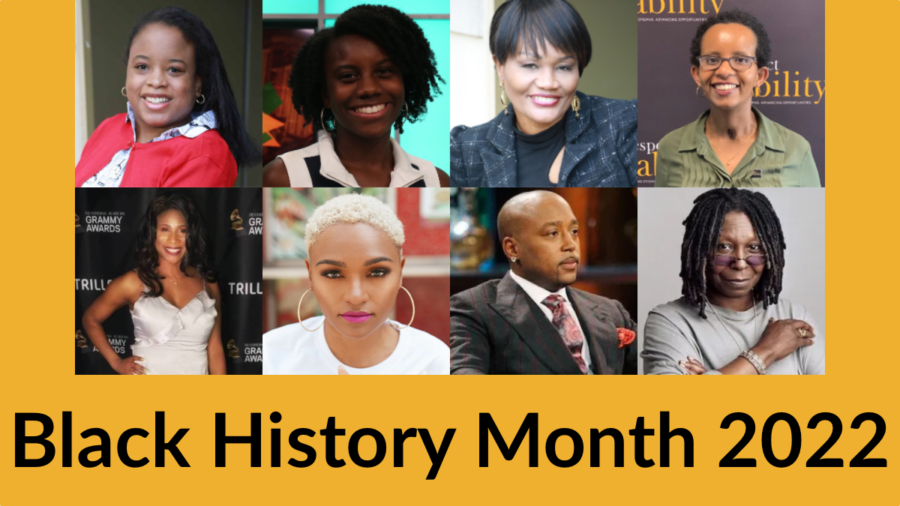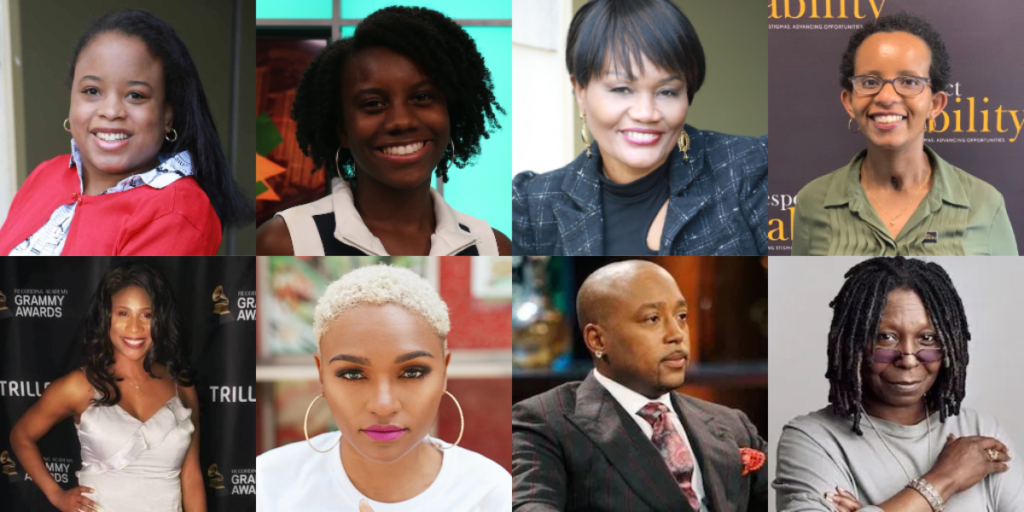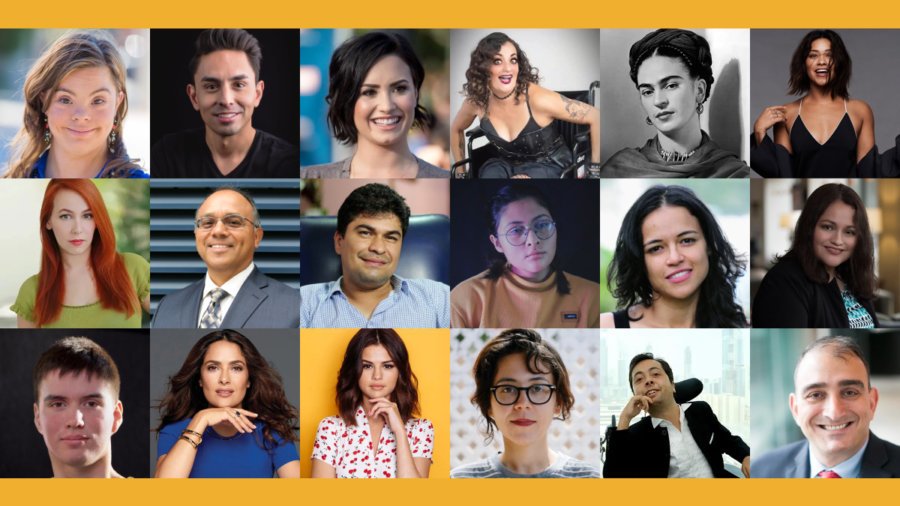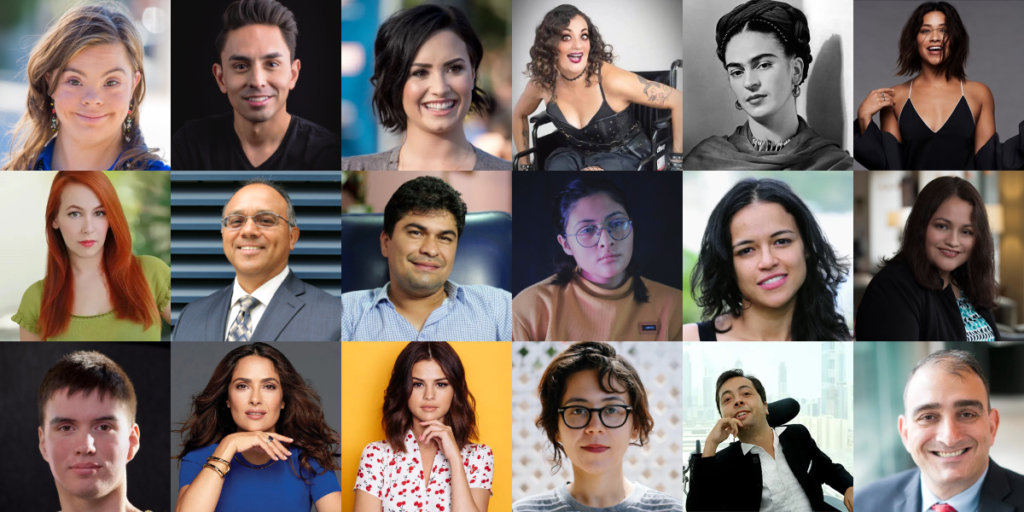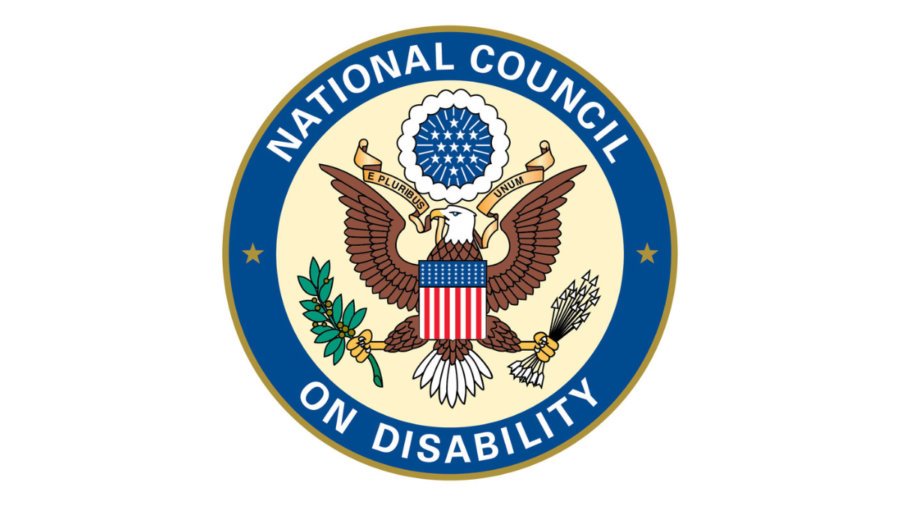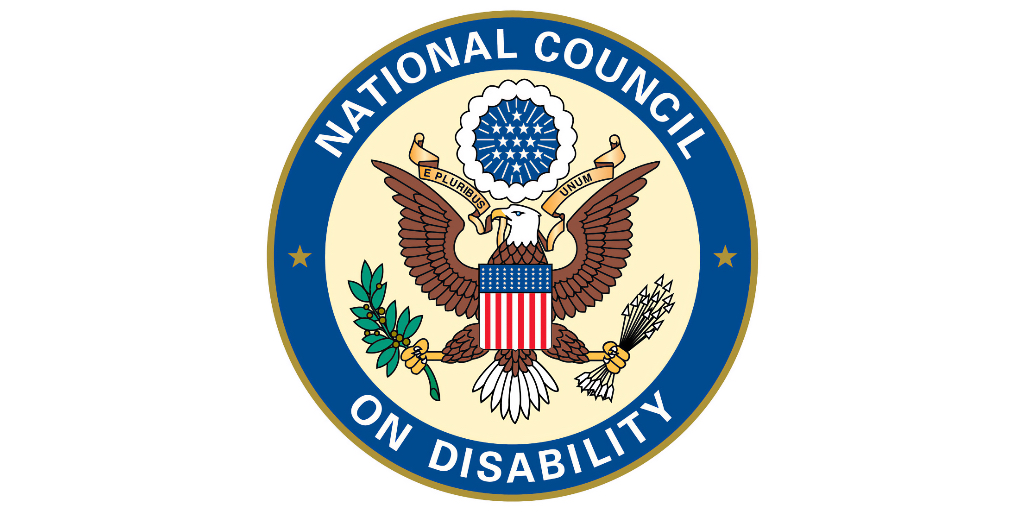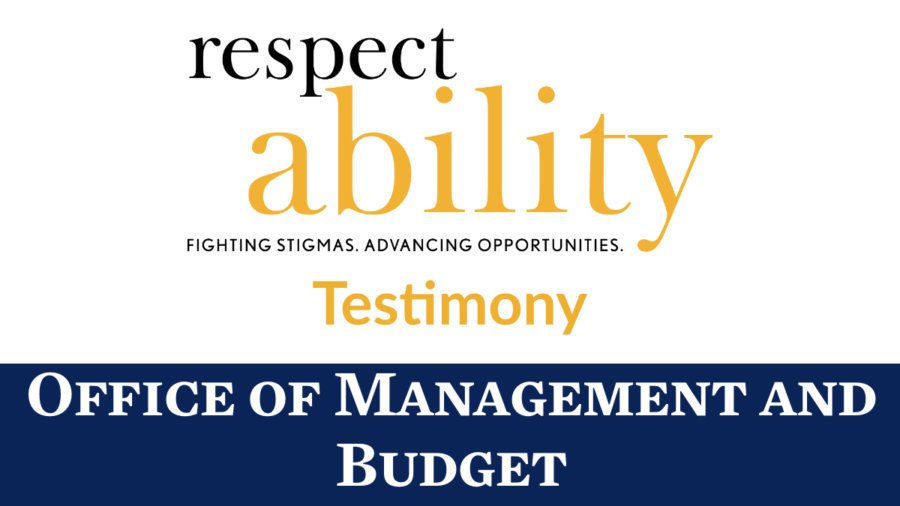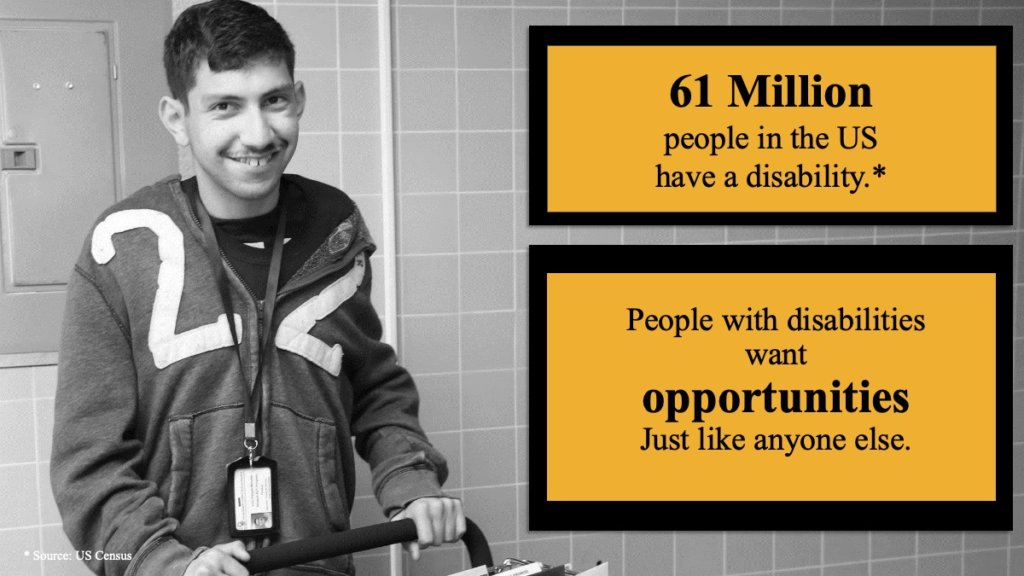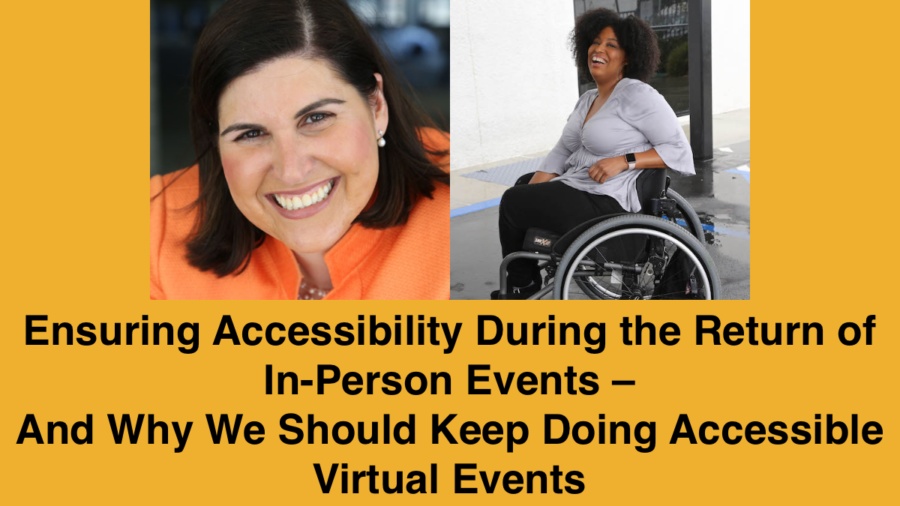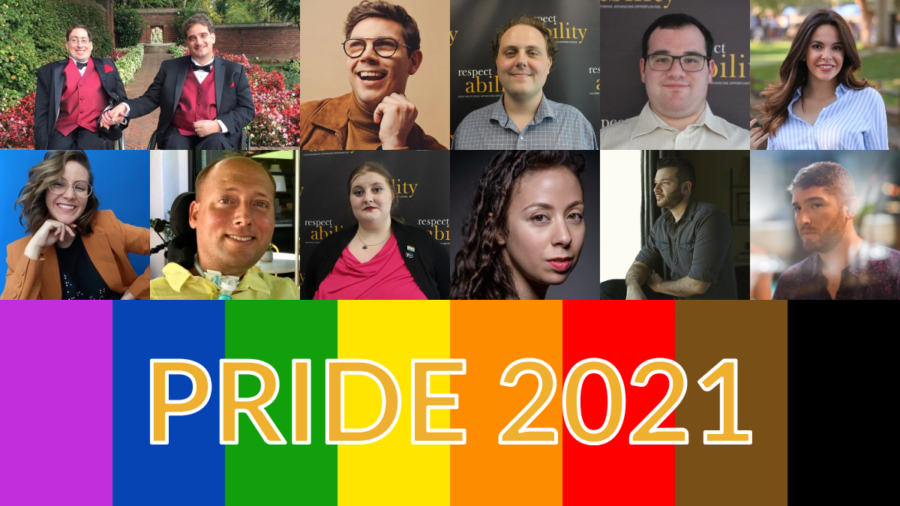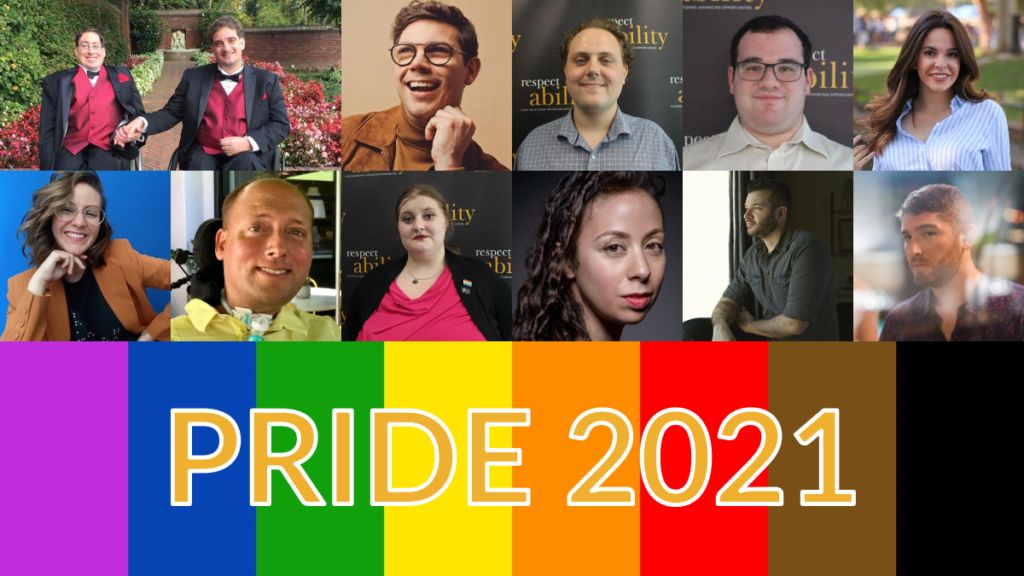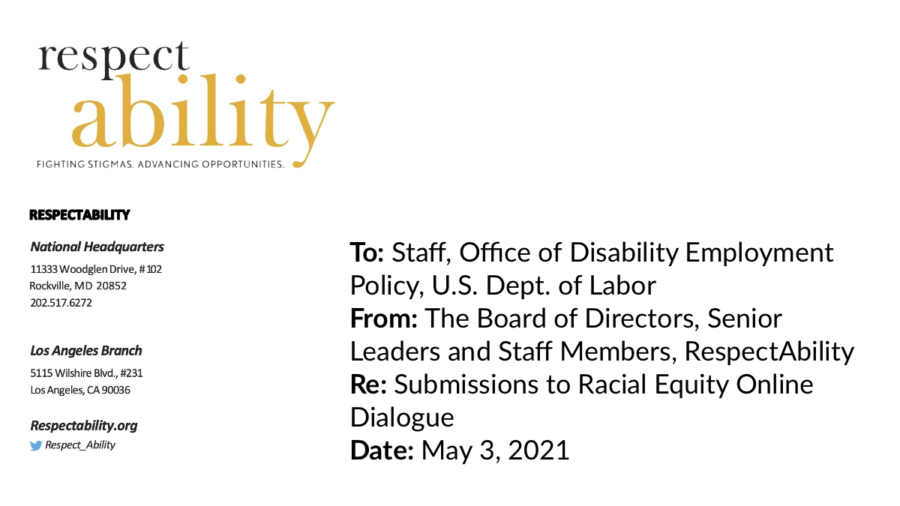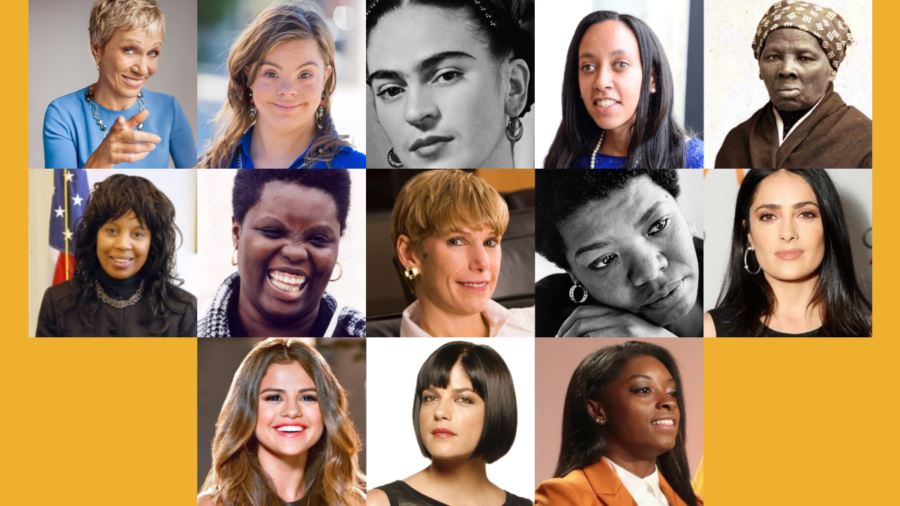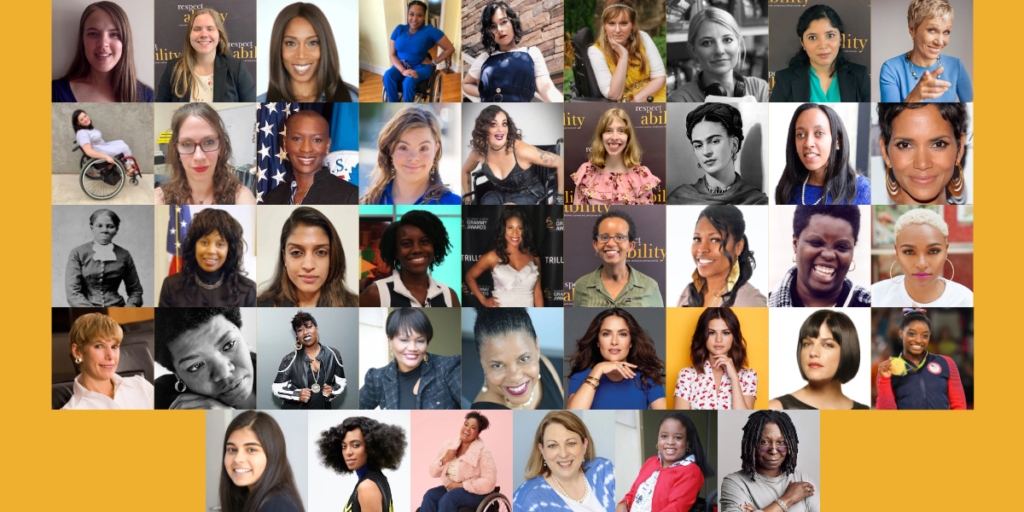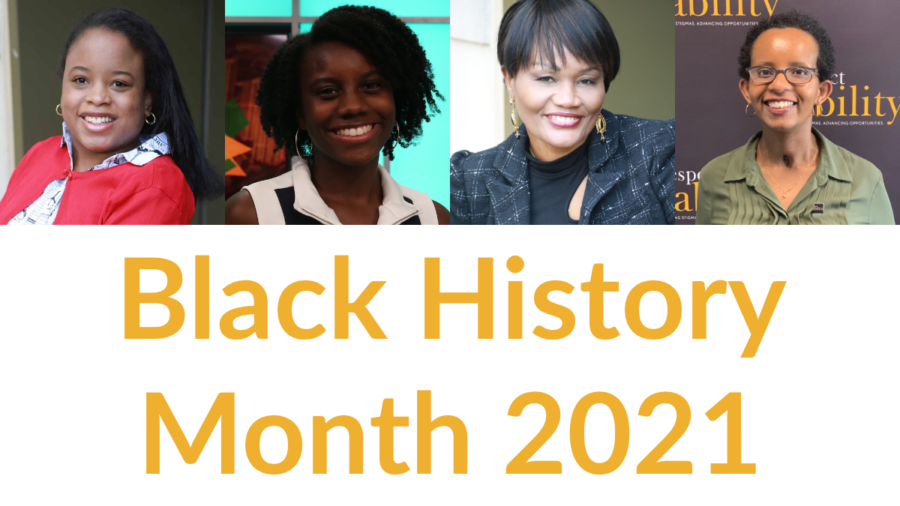 Park City, Feb 5 – Feature-length films that premiered at Sundance such as Is There Anybody Out There?, Still: A Michael J. Fox Movie, and The Tuba Thieves, as well as a number of shorts, explicitly included elements of disability and deafness throughout. However, several additional films featured casual inclusion of disability, which also helps to normalize having a disability in society.
Park City, Feb 5 – Feature-length films that premiered at Sundance such as Is There Anybody Out There?, Still: A Michael J. Fox Movie, and The Tuba Thieves, as well as a number of shorts, explicitly included elements of disability and deafness throughout. However, several additional films featured casual inclusion of disability, which also helps to normalize having a disability in society.
For example, a teenage camper in Theater Camp uses a power wheelchair. We see him both in a montage while auditioning for a show, and later rolling through camp. He is portrayed similarly to other campers. In Slow, contemporary dancer Elena (Greta Grinevičiūtė) meets Dovydas (Kęstutis Cicėnas), who’s assigned to interpret for her class of deaf youth. While the film is not about this class but rather their relationship, the casual inclusion of this class helps normalize deaf students. In Magazine Dreams, aspiring professional bodybuilder Killian Maddox is a caregiver for his disabled grandfather. In a documentary about Little Richard, viewers learn that he had limb differences, mental health conditions, and later on in his life, became a wheelchair user. And in Chanshi, a series about a young Jewish Orthodox woman finding herself, mental health is discussed.
With one-in-five people having a disability in the U.S. today, the lack of representation – just 2.3 percent of characters in the 100 top-grossing films of 2019 and 8 percent in family films – means that millions of people are unable to see themselves reflected in media. While none of the films mentioned above are about disability, the casual inclusion of disability in them is important. [continue reading…]


